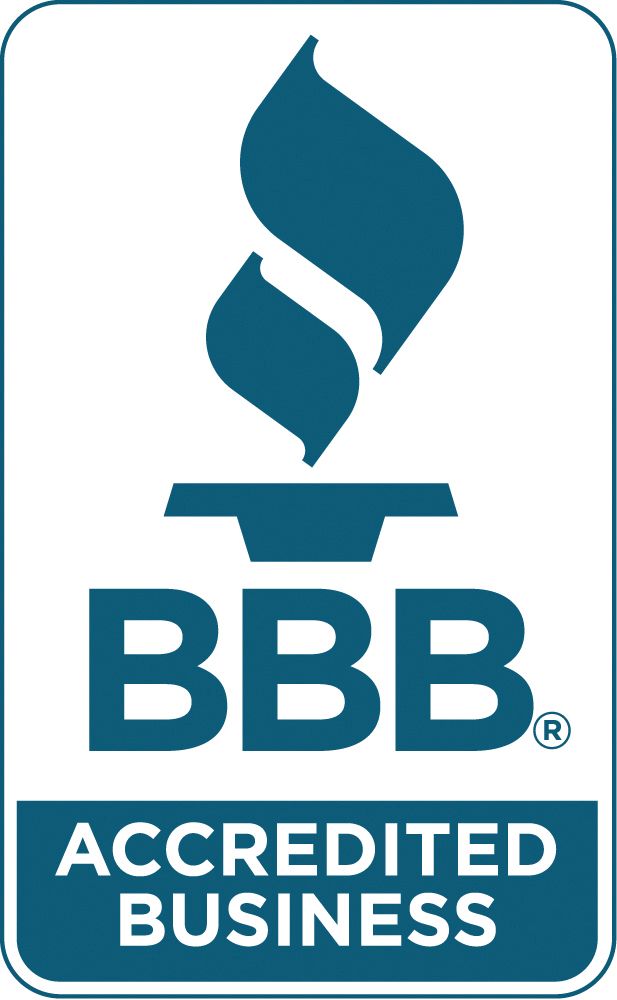Motivational Interviewing and Affirmations
Affirmations are just one part of Motivational Interviewing (MI). And an important component in helping youths and adults find their way to change.
When clients are resistant, they don’t want to leave their situation. They prefer to stay addicted, overweight, in emotional pain, cutting themselves, etc. Their behavior provides some comfort and emotional gain. They also are afraid of what happens if they leave their usual means of living and try something different. It means giving up something they’re comfortable with, like a warm blanket they throw over themselves. This is true for many to who don’t want to or like change.
In addition, the client may not like the treatment process. Therapists or social workers poking. Prodding. Begging and cajoling. Trying to get them to be something they don’t want to be. As a result, they are wary and suspicious of the therapeutic process.
To this end, MI tries to provide a process whereby the client can feel comfortable just being themselves. Being accepted for what they bring into the session. Not feeling judged, put down, or that they are lazy and don’t want help.
One of the techniques which can help is Affirmations. This is part of the OARS strategy. When interviewing a client, it helps to provide them with positive reinforcement and praise. Give them a sense that you, as the practitioner, are supportive of them. Are on their side. This collusion with the client helps them feel that you understand. That you have an idea what it’s like for them.
Affirmations are exactly what they appear to be. Statements which give the client positive feedback for talking about their problems. Obstacles. Pain. Excuses. And reasons for staying the way they are.
Here’s some examples between Client and Practitioner:
C: “I don’t know why I’m here. I don’t belong in treatment.”
P: “I appreciate you being so honest about your intentions.”
C: “There is no way I’m going to stop running away from my mother.”
P: “It’s helpful to hear how you feel about your relationship with your mother.”
C: “At the rate I’m going, I’m not sure I’m going to be alive by the end of the year.”
P: “You’re really making progress in stating your fears.”
C: “Why should I stop using drugs? No one cares about me.”
P: ”You’re really putting yourself out there and sharing your feelings.”
By giving affirmations, the practitioner is not trying to change how the client feels. They’re simply telling the client they appreciate the openness. The candor. And that it’s hard to be in their shoes. Without judgment or trying to get them to change. This is a step in getting the client to be more willing to open up. To trust the practitioner and the process. To see that they’re hurting and that the practitioner wants to help. But in a gentle nudging way, not with a sledgehammer.
Affirmations can be helpful if used with other treatments, to give the client praise for their feelings. And further positive actions.
Learn more about Motivational Interviewing training courses by contacting us.




